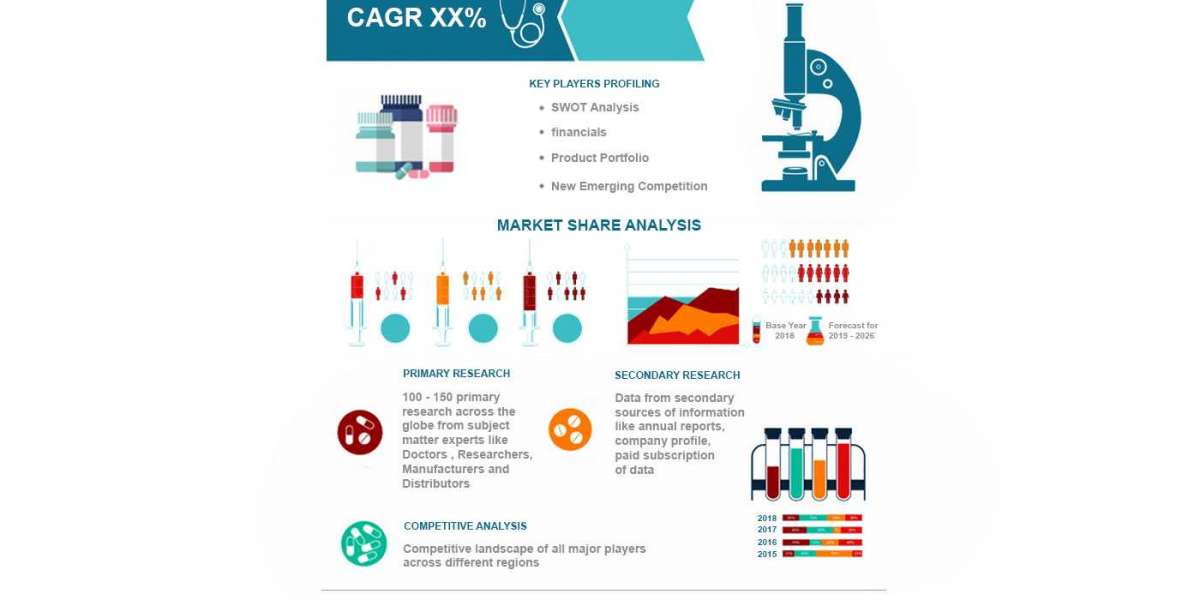If you're a homeowner looking for cash, refinancing your home equity loan could be a smart financial move. This article will guide you through the process of refinancing your home equity loan, so you can make an informed decision.
Table of Contents:
What is a Home Equity Loan?
What is Refinancing?
Why Refinance a Home Equity Loan?
How to Refinance a Home Equity Loan
Determine Your Home Equity
Check Your Credit Score
Shop Around for Lenders
Submit Your Application
Pros and Cons of Refinancing a Home Equity Loan
Pros
Cons
Alternatives to Refinancing a Home Equity Loan
Personal Loans
Cash-Out Refinance
Home Equity Line of Credit
Conclusion
1. What is a Home Equity Loan?
A home equity loan is a kind of loan where the equity in your property is used as security. The amount of equity in your property is the difference between the value of your house and the mortgage balance. Major expenses like house renovations or college tuition are frequently financed with the help of home equity loans.
2. What is Refinancing?
Refinancing is the process of replacing an existing loan with a new one, typically with better terms. When you refinance home equity loan, you're essentially taking out a new loan to pay off your old one.
3. Why Refinance a Home Equity Loan?
There are several reasons why you might consider refinancing your home equity loan:
Lower interest rates: If interest rates have decreased since you took out your home equity loan, refinancing could lower your monthly payments and save you money over time.
Better loan terms: Refinancing can also allow you to switch to a fixed-rate loan, which can provide more stability in your monthly payments.
Access to cash: Refinancing your home equity loan can also give you access to cash, which you can use to pay for major expenses like home repairs or medical bills.
4. How to Refinance a Home Equity Loan:
Here's a step-by-step guide to refinancing your home equity loan:
Determine Your Home Equity:
Before you can refinance home equity loan, you need to determine how much equity you have in your home. To do this, subtract the amount you owe on your mortgage from the current value of your home. The resulting number is your home equity.
Check Your Credit Score:
Your credit score plays a major role in determining your eligibility for refinancing, as well as the interest rate you'll receive. Before you apply for refinancing, check your credit score and take steps to improve it if necessary.
Shop Around for Lenders:
When you're ready to refinance, shop around for lenders and compare their rates and terms. Look for a lender that offers competitive rates and favorable loan terms.
Submit Your Application:
Once you've found a lender, submit your refinancing application. Be sure to provide all of the required documentation, including proof of income and employment, as well as your credit score.
5. Pros and Cons of Refinancing a Home Equity Loan:
Pros:
Lower interest rates
Better loan terms
Access to cash
Cons:
Additional fees and closing costs
Potential impact on your credit score
Risk of losing your home if you can't make payments
6. Alternatives to Refinancing a Home Equity Loan:
If you're not sure if refinancing your home equity loan is the right move for you, here are some alternatives to consider:
Personal Loans:
Personal loans are unsecured debts for which there is no need for security. You might be able to get a personal loan with a better interest rate than your present home equity loan if you have strong credit.
Cash-Out Refinance:
You can borrow more money than your existing mortgage balance with a cash-out refinance, a specific kind of mortgage refinance. You can pay off your home equity loan and any other debts you may have with the extra money.
Home Equity Line of Credit:
A home equity line of credit (HELOC) is a revolving line of credit that uses your home's equity as collateral. HELOCs typically have variable interest rates, which can make them riskier than fixed-rate loans.
7. Conclusion:
Refinancing your home equity loan can be a smart financial move, but it's not for everyone. Before you decide to refinance home equity loan, consider your goals, your current financial situation, and the potential costs and benefits. Make sure you shop around for lenders to find the best rates and loan terms.








